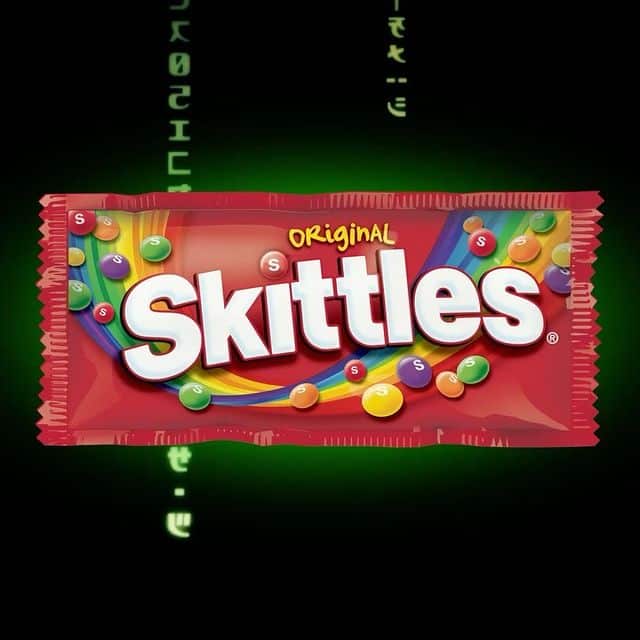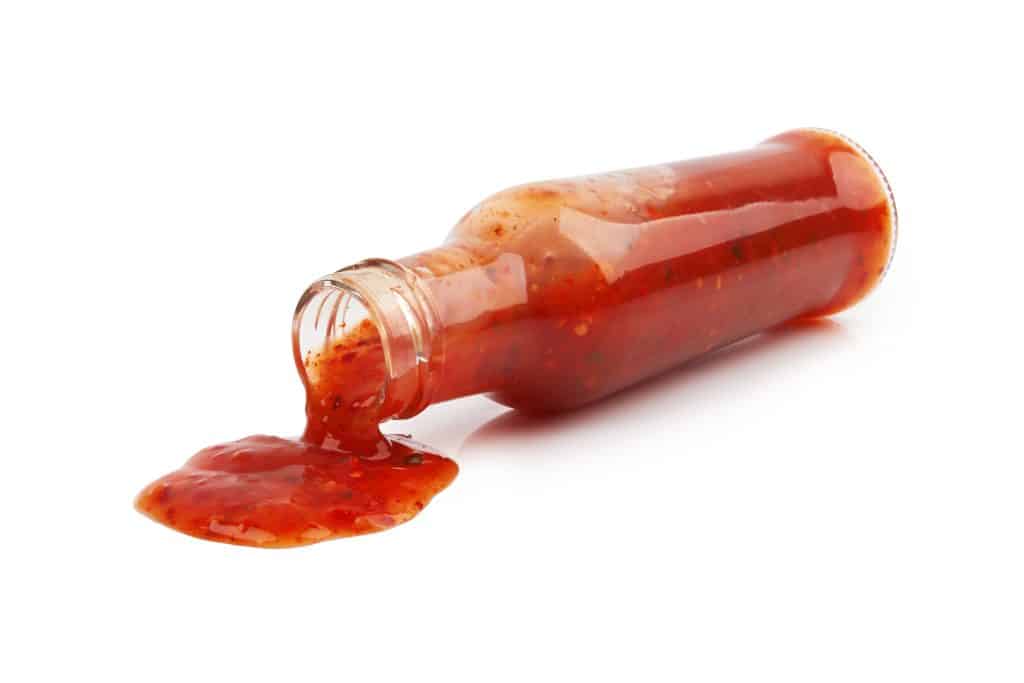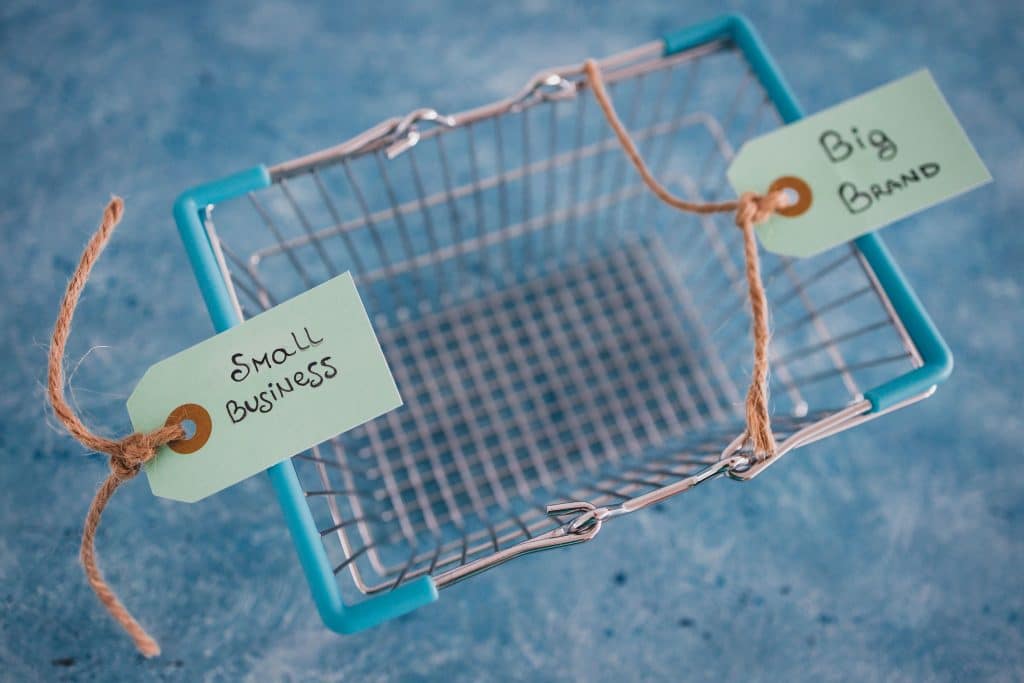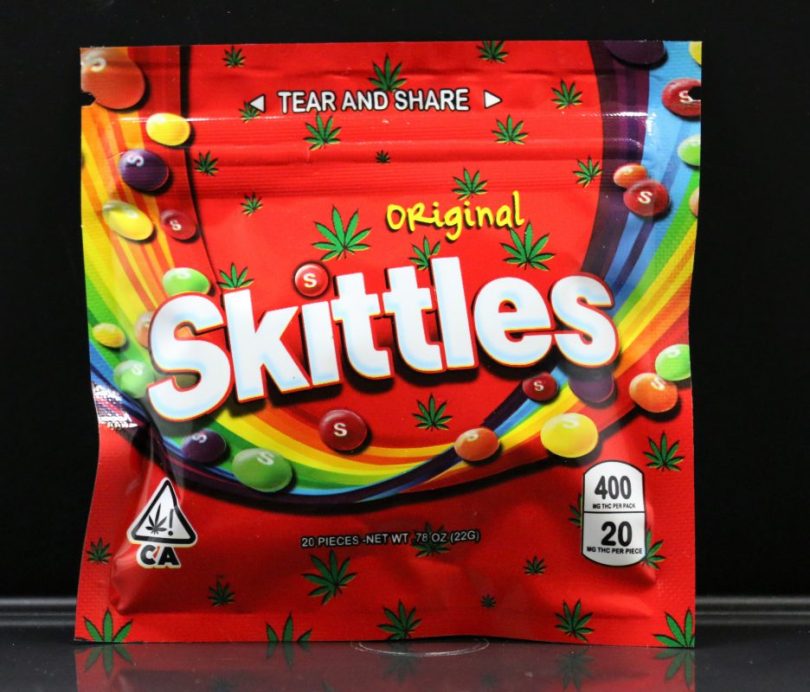The lawsuit, started last year by Mars Inc over use of trademarked material by offending cannabis companies, came to a conclusion earlier this month in court. A federal ruling in favor of Mars Canada and Mars Wrigley, stated that the copy cat cannabis companies indeed violated trademark law. This is a big win, with interesting connotations.
Mars won against offending cannabis companies in court, making them unable to continue selling look-alike products. We are a cannabis and psychedelics news site which specializes in covering the big stories of today. We put out the Cannadelics Weekly Newsletter for our readers to stay updated; as well as gain access to a range of deals on products from vapes, edibles, and flowers, to cannabinoid compounds like Delta 8 & HHC. Check out our ‘best of’ lists for promo details, and make sure to buy the products you are most comfortable using.
The suit
Last year in May of 2021, the candy industry staple Mars Wrigley, and it’s Canadian counterpart Mars Canada, Inc., took five small-time cannabis companies to court over what they said were violations in trademark law. The candy giant said that the cannabis companies: King Tuts Cannabis, West Coast Supply, Shrooms Online, Flash Buds, and Sure Buds, were using Mars’s branding images to market their own cannabis products.
“Trademark law governs the use of a device (including a word, phrase, symbol, product shape, or logo) by a manufacturer or merchant to identify its goods and to distinguish those goods from those made or sold by another.” In this case, Mars claimed these cannabis companies were using brands like SKITTLES to sell THC products.
According to a company press release in 2021 when the charges were filed, “Mars Wrigley strongly condemns the use of popular candy brands in the marketing and sale of THC products, which is grossly deceptive and irresponsible… The use of Mars Wrigley’s brands in this manner is unauthorized, inappropriate, and must cease, especially to protect children from mistakenly ingesting these unlawful THC products.”

It was reported by the National Post that Mars hired private investigators to buy the copy-cat products online. Some of the offending merchandise included products with names like “Medicated Skittles” and “Life Savers Medicated Gummies”, which had packaging that essentially matched the original brands.
The ruling
On August 12th, 2022, a federal court ruled in favor of the Mars brands, saying three of the copy-cat cannabis companies in question, must “deliver up and destroy all infringing products and packaging,” and pay associated fees to Mars for stealing its trademarked property. The charges against King Tuts Cannabis and Sure Buds were dismissed, while the other three companies were found guilty.
The presiding judge, The Honourable Mr. Justice Gleeson, went on to say, “I also find that advertising and offering for sale of a potentially dangerous product using appropriated trademarks that are evidently and obviously attractive to children represents a marked departure from ordinary standards of decent behaviour that deserves to be denounced and deterred.”
He continued, “I have placed significant weight on the issue of harm not only to the Plaintiff but also to members of the public who might accidentally consume the Defendants’ Infringing Product believing it to be a genuine SKITTLES product. The fact that SKITTLES are a confectionary product that are attractive to children reinforces the need to denounce the Defendants’ conduct.”
As a quick side note, this past July, a case was waged against SKITTLES for containing too much of the chemical titanium dioxide, a known toxin. Mars said it would entirely phase out titanium dioxide from its products in 2016. Apparently, it didn’t finish the job, and its only comment on the lawsuit, was to say its use of titanium dioxide is within FDA regulation. The titanium dioxide is used for the SKITTLES coloring, for which the candy itself is basically pure sugar.
While trademark law was certainly broken in the trademark case, and Mars deserved to win against cannabis companies stealing its material in court, there’s A LOT wrong with defending products like SKITTLES. Though the health risks of the products were irrelevant to the trademark case, they are certainly worth considering, what with the massive amount of diabetes and obesity in the US, and beyond.

Similar lawsuits
Mars isn’t the only big brand to take offending cannabis companies to court. This idea of smaller entities using recognized product packaging from well-established companies, is quite commonplace, especially in the black market. I’ve seen store after store where look alike candy products containing THC are sold. I was even at a convention where one of these companies was mistakenly let in. So it’s not surprising that other candy manufacturers – and other product manufacturers – are having problems as well.
Hershey’s Chocolate made similar moves in both 2014 and 2018. In 2014 the Company took TinctureBelle LLC of Colorado, and Conscious Care Cooperative of Seattle, to federal court on charges that the two companies were selling edibles in very similar packaging to Hershey’s. In both cases, out of court settlements were reached, which in both bases meant the cannabis companies getting rid of all look-alike products, with no further offending products sold.
In 2018, Hershey was at it again, sending cease-and-desist letters to the companies Harborside from Oakland California, and Good Girl Cannabis Co. from California’s northeast. Good Girl Cannabis settled quickly and easily, but Harborside, a dispensary with a good reputation behind it, fought for several months. In fact, when Harborside refused to pay $20,000 for “liquidated damages” due to their continued selling of Jolly Rancher look-alike Jolly Meds, and when they refused to honor the confidentiality clause that came with the demand, it was Hershey that backed down. Hershey voluntarily dismissed the case in 2018.
A couple non-candy, food-related cases happened in 2019 with the company Tapatio Foods LLC, the maker of Tapatio hot sauce. Tapatio sued two companies for putting out cannabis infused hot sauces that mirrored Tapatio’s. The first was against Sulaiman Waleed Rodriguez for trademark infringement and trademark dilution by tarnishment, for its product Tiowaxy. Tapatio won the suit when the defendant failed to file opposition papers.
The second case was for trademark infringement, unfair competition, and dilution by tarnishment, against Mario Mendizabal and TCG Industries, which put out a product called “Trapatio” hot sauce. This was the second time Tapatio dealt with TCG. The first time was in 2017, when TCG agreed to stop using the trademarked material by way of a settled agreement. Apparently TCG revised its product to “Trapsauce” in 2018, and began selling this, despite asking Tapatio for permission, which was denied. That time around, the charges included willful infringement, and Tapacio won the second lawsuit in July 2020.
Some cases don’t involve food products at all. In 2017, the adhesives company Gorilla Glue, sued the company GG Strains for using its namesake for several cannabis products. In the settlement reached between the companies, GG Strains was forced to stop using the trademarked name. In another non-food related suing, UPS took a group of medical cannabis delivery businesses to court in 2019 citing the use of brand identifiers too close to UPS’s. The weed delivery companies went by the names: United Pot Smokers, UPS420, and THCPlant.

In a case that highlights the fruitlessness of some companies trying to fight, the company Mondelez, the maker of Sour Patch Kids, has been trying to go after the makers of Stoney Patch Kids infused cannabis gummies for copyright infringement. The problem? It was never established who puts out Stoney Patch. After months of investigation, the most Mondelez could do was point to four somewhat related entities. In terms of packaging, its filed lawsuit cites Green King LA, Inc., Dr. Vape Group, LLC, and Vape Hub. The suit also names a dispensary defendant, 4TwentyHub. However none of these are responsible for making the candy. That information was never found, which says quite a bit for how easy it is to manufacture and sell fake products. Even with the eyes of the law looking for you.
Why this matters
Companies build up reputations, and those reputations help the companies to continue to sell products. Having an unrelated company steal marketing material not only gives unfair competition, but it can often tarnish a company’s reputation if the competitor sells something not in line with the original company’s morals or regulation. Plus, these companies have put – sometimes – decades of work into building their image and product lines, and they didn’t do it to have some lowlife company steal their hard work.
Any non-cannabis food company, probably doesn’t want to be associated with a THC-laden product. This can turn off consumers, or confuse them moving forward, pushing them toward alternate non-offending products. Maybe SKITTLES isn’t the picture of health, but at no point has the candy produced a THC high, and it makes sense that Mars didn’t want that association. Mars doesn’t sell weed, and understandably found it necessary to stop cannabis companies from using its logo to do so, in court.
Then there’s the idea of what it means when in the wrong hands. SKITTLES might not be good for any kid to eat (let’s be honest), but its way worse to have a kid accidentally eat a package of high-THC candies masquerading as regular SKITTLES. Weed and THC are great for all kinds of things, but not when eaten in massive amounts by children. This isn’t just about trademark law, but a safety issue to ensure people (not just children) aren’t consuming something they don’t mean to consume. Plus, illegal companies are way less likely to invest in child-proof packaging which costs more money, making it that much easier for kids to get at the goods.
Truth is, the companies mainly gone after in these suits, are legally operating cannabis companies. These tactics run even more rampant when looking at black market operations, for which getting a company in court is that much harder (like with Stoney Patch). I’ve seen weed knock-off products all over the place, from SKITTLES to Cheetos to Nerd Ropes, and so on. Though a few companies have certainly had examples made of them, as long as the black market persists, so will cannabis companies using the trademarked material of already-known companies, to sell their products. Truths are truths.
Conclusion
Life requires being careful. As buyers, we’re constantly at the mercy of vendors trying to make a buck, and sometimes it’s hard to know when we’re being scammed, or not. Mars is a good example of a big company protecting its trademarked information, by taking copy-cat cannabis companies to court…and winning. I’m all about rooting for the little guy most of the time, but in this circumstance, I give a nice, hefty, ‘congratulations’ to Mars.

Having said that, just because products are a little similar, doesn’t mean a bigger company should get all say on anything closely related. Hershey’s loss perhaps indicates the overstepping of bigger companies to protect their brands, when in reality, no big trademark violation is made to warrant concern.
Welcome to the site! We appreciate you stopping by Cannadelics.com, a comprehensive news offering for the cannabis and psychedelics fields. Join us daily to access important updates for ongoing stories, and check out the Cannadelics Weekly Newsletter, to ensure you’re never late on getting the news.










Excellent article. It explains the history and ramifications of this issue very well. Thank you.